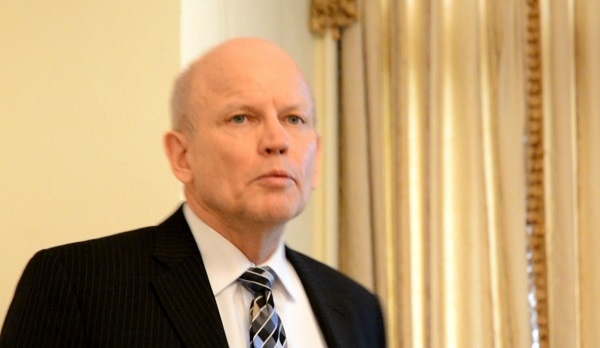April 21, 2014

Less than 40 years. That’s all the time available to try to find a way to avoid the looming crisis of a food shortage that will have serious implications for people and governments.
“For the first time in human history, food production will be limited on a global scale by the availability of land, water and energy,” said Dr. Fred Davies, senior science adviser for the U.S. Agency for International Development’s bureau of food security. “Food issues could become as politically destabilizing by 2050 as energy issues are today.”
Davies, who also is a Texas A&M AgriLife Regents Professor of Horticultural Sciences, recently addressed the North American Agricultural Journalists meeting in Washington, D.C. on the “monumental challenge of feeding the world.”
Population growth challenges ag productivity
He said the world population will increase 30 percent to 9 billion people by mid-century. That would call for a 70 percent increase in food to meet demand.
You May Also Like




